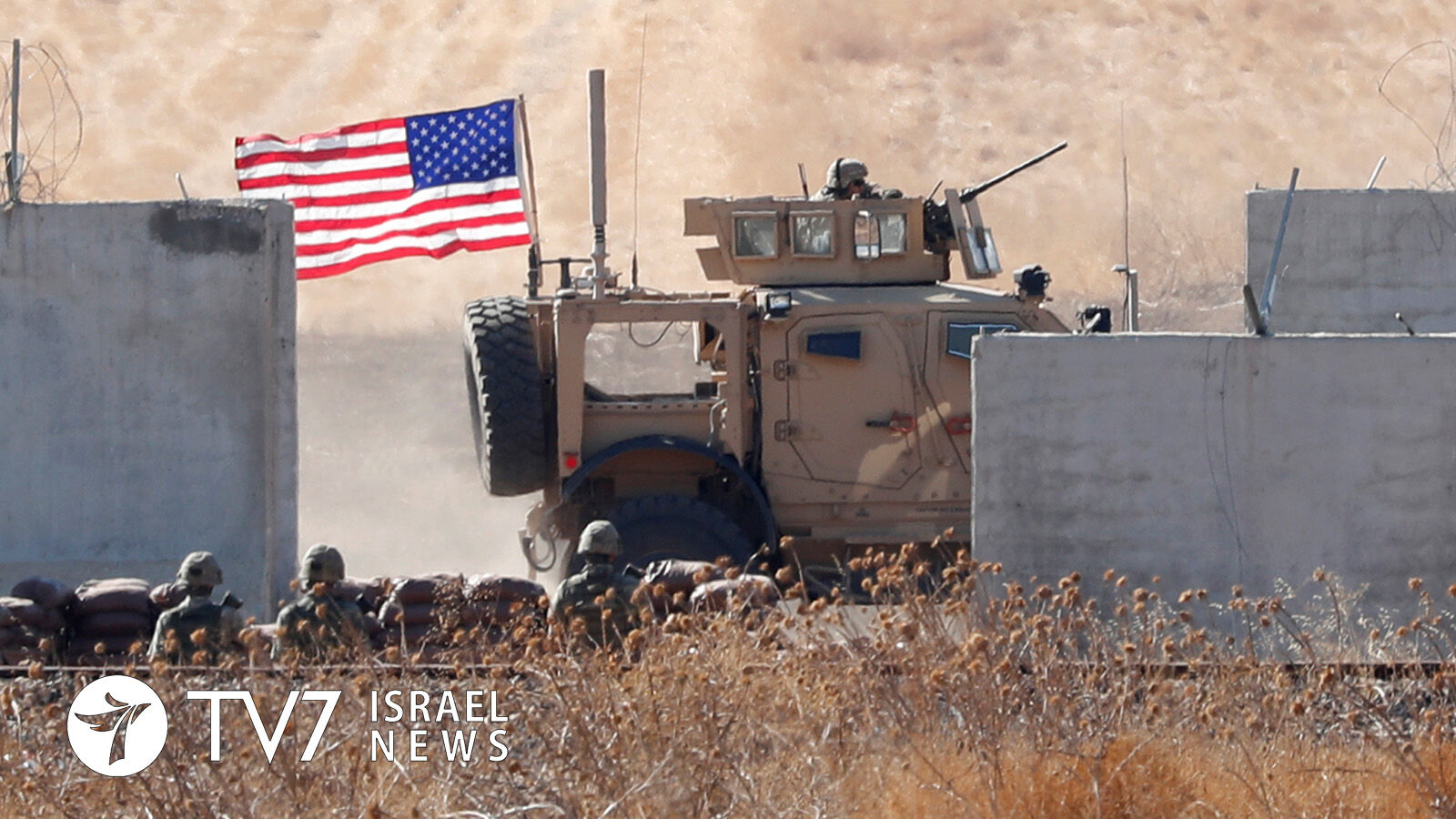Syrian Democratic Council (SDC) Executive Committee President Ilham Ahmed said the US has made a clear commitment to the Kurds that it will stay on in Syria in order to destroy Islamic State (ISIS, Daesh), rebuild infrastructure and serve an active diplomatic role to resolve the decade-long Civil War.
By Erin Viner
“They promised to do whatever it takes to destroy Islamic State and work to build infrastructure in North Eastern Syria,” the leading Syrian Kurdish politician told Reuters after meetings in Washington with White House, State Department and Pentagon representatives yesterday.
“They said they are going to stay in Syria and will not withdraw – they will keep fighting Islamic State,” Ahmed added, pointing out that, “Before they were unclear under Trump and during the Afghan withdrawal, but this time they made everything clear.”
The Kurdish people reside in the mountainous region straddling the borders of Syria, Armenia, Iraq, Iran and Turkey. As a minority population in Syria, they suffered discrimination by Assad’s pan-Arabist ruling Baath party prior to the war. The Kurds now operate a civilian administration that governs the affairs of several million Syrians once ruled from Damascus.
The SDC is the political arm of the Yekîneyên Parastina Gel (YPG), which is Kurdish for “The People’s Defense Units,” sometimes also called “the People’s Protection Units.” The YPG is a predominantly Kurdish militia in Syria, allied with the Women’s Protection Units (YPJ), that carved out self-rule across northeast Syria.
The YPG also leads the Syrian Democratic Forces (SDF) of which Kurds are the majority members, but also includes Arab, Assyrian/Syriac, Armenian, Turkmen and Chechens. The SDF is named as the official defense force in the Autonomous Administration of North and East Syria (AANES).
Russia and Iran support Syrian President Bashar al-Assad in his regime’s attempt to defeat insurgents in the Civil War that erupted in 2011. The US supported the YPG until October 2019, when former President Donald Trump withdrew most American forces from Syria to enable a Turkish offensive against the Kurds. Ankara regards the YPG as “terrorists.” The US pullout also stoked fear over a resurgence of ISIS – which had conquered about a third of Syria and a quarter Iraq at its peak – but lost 95% of its territory by December 2017.
The recent Western withdrawal from Afghanistan also drove up concern across the Middle East that current US President Joe Biden might further abandon allies across the region amid Washington’s increasing perception that Beijing is its primary strategic challenge.
During yesterday’s meetings in Washington, SDC Executive Committee President Ahmed said the Kurds have requested that the US play an increased role in negotiating a political settlement in Syria, as well as to re-open the Al-Yaarubiyah border crossing between the Arab Republic and Iraq to facilitate delivery of international aid.
He said that while overall, “we don’t see much happening in the short term,” the Kurds “are hoping the Americans will play a more active role for a Syrian political settlement” as they “should.”
Ahmed, who met Russian Foreign Minister Sergei Lavrov in Moscow last month, said the Kurds are speaking to the Kremlin based on its position as “the main player in Syria.” He disclosed that they are also prepared to open dialogue with Iran.
